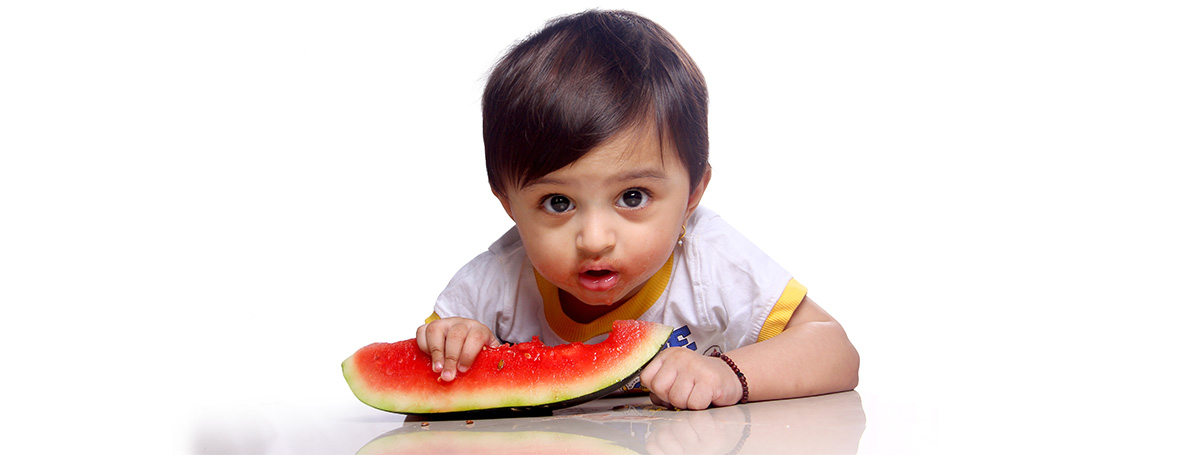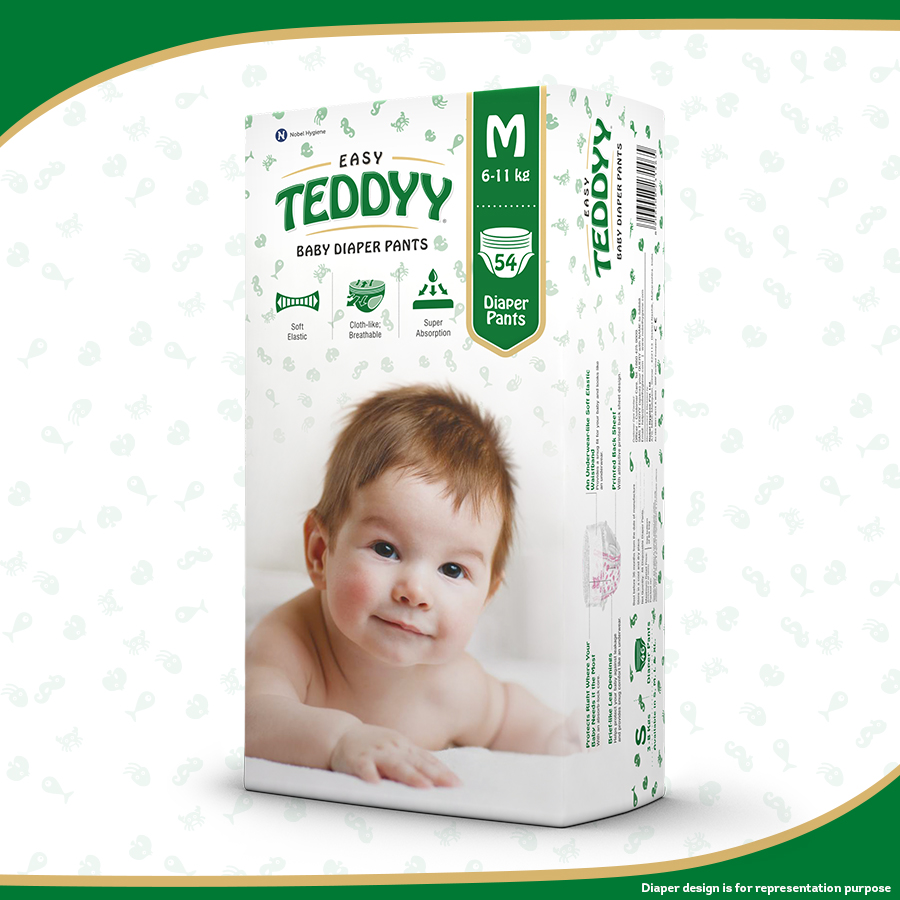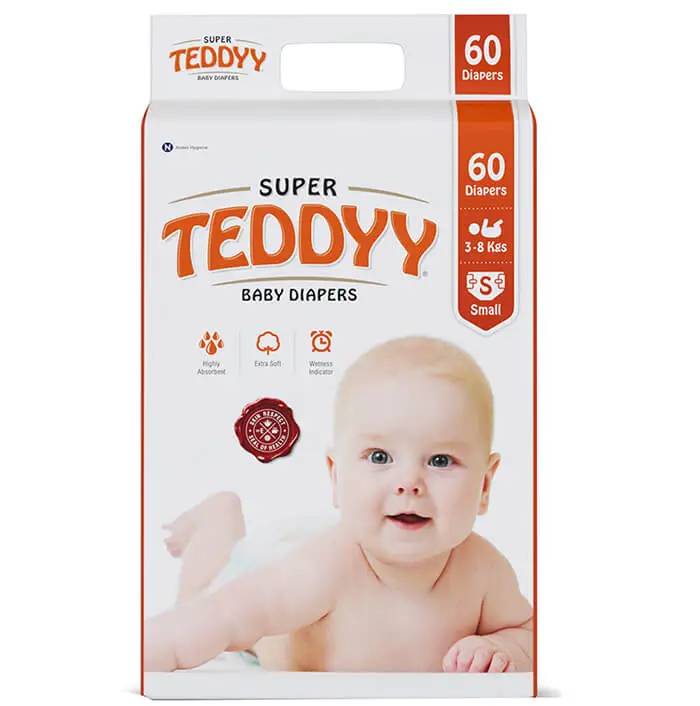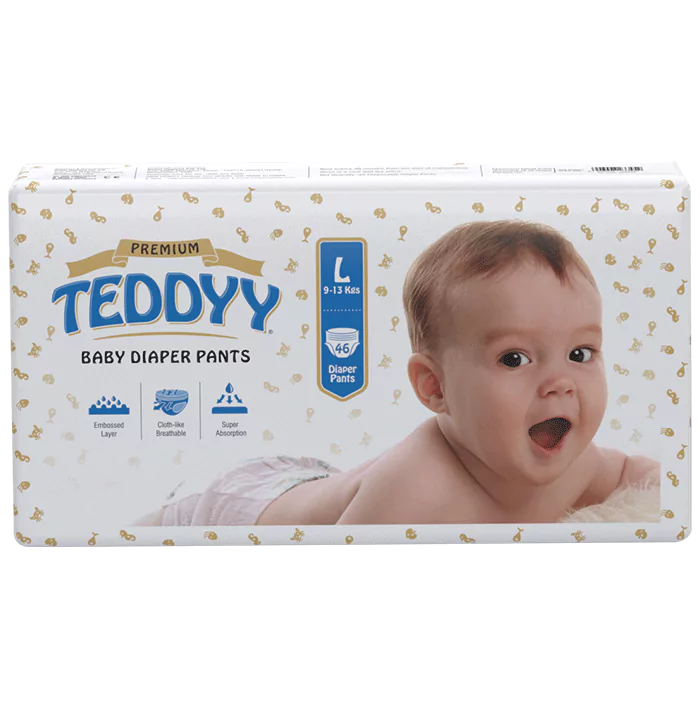5 Healthy Foods for a Healthy Baby
It’s an exciting milestone when your baby is ready for solid food! It’s finally time for you to flex your cooking skills and time for your baby to reject all that you cook. ?
Feeding your baby something new also comes with its fair share of doubts and confusions. What can I feed my baby? How much will my baby eat? Is my baby even ready for solid food?
We’re going to answer it all in this blog!
How do I know if my baby is ready for solids?
In general, you can introduce your baby to solid foods when they are 6 months old or older. You can even start a month sooner if your baby gives you certain cues.
Yes, you read it right! Your baby can give you certain signals and cues when they’re ready. Here are a few:
1. They have good head control and can sit upright with little to no support.
2. They are unsatisfied with milk feeds and demand more.
3. They’re eyeing your plate and indicate that they too want to eat the same.
If you notice these cues, it’s time!
Moreover, by the time your baby turns 6-months old, breastmilk will still be a vital source of nutrients, but it won’t be enough by itself. So, for a healthy and strong baby, you need to introduce them to complementary foods, to keep up with their growing nutritional needs.
Feed your baby only homemade organic baby food.
A few tips before you actually begin introducing them to solid food:
- Consult your pediatrician to check for sure that your baby is ready.
- Always introduce one food at a time. This way it’ll be easier for you to check if your baby is allergic to any food.
- Leave a gap of three days in between feeding them new foods.
- Introduce new foods during breakfast or lunch as it will be easier to check for allergic reactions and treat them during daytime.
- Start by introducing them to liquids such as vegetable broth/water, strained clear soups, clear dal soups, etc. Gradually over a period, introduce them to mashed fruits and veggies.
What are healthy foods for babies?
We have a list of five food groups for you!
Our Products
-
Fruits and vegetables
Babies learn through their five senses, and what better way to introduce solids to them than fruits and veggies. Fruits and vegetables come in all kinds of color, taste, fragrance, and texture, so there’s always something new for them to try out.
They are also high in vitamins, minerals, fiber, and antioxidants. These nutrients help promote healthy development in your baby. You can try pureeing fruits with water. Do not pair it with milk as it might be too much for your little one’s digestive tract. You can also feed them the water leftover from boiling vegetables.
-
Grain foods
Grain foods are a rich source of carbohydrates which provide the energy your baby needs as they grow, develop and learn. Grains are also excellent pre and probiotics that help your baby’s gut to build its population of good bacteria. Once your baby gets used to grain foods, they can easily transition to the meal cooked for the rest of the family.
You can try any mashed food made from rice, oats, wheat, barley or some other cereal grain.
-
Dairy foods
Dairy foods are great sources of protein and calcium. Babies, however, may not be able to digest cow’s milk, which may lead to dehydration and iron deficiencies. Cow’s milk is also known to cause allergies in babies. But other dairy products such as yoghurt is one of the best foods for baby brain development.
-
Healthy Drinks
For the love of your baby, STICK TO WATER! No fruit juice or sports drink for your little one for a very long time. After being exclusively breastfed, your baby can have cooled, boiled water once they are introduced to complementary foods.
-
Protein
Proteins play an important role in repairing and maintenance of tissues, and the growth of organ systems including the muscles and bones in babies.
Protein-rich foods include egg, cheese, meat, fish, poultry, beans, chicken peas, nuts, etc.
Growing babies and children who don’t get enough protein may experience various health issues including fatigue, poor concentration, bone and joint pain, slow wound healing and decreased immunity response.
Don’t expect your baby to lick the bowl clean from the very start, introduce things to them slowly and allow them to figure things out and get used to it at their own pace. Chances are your baby will end up rejecting all that you cook but keep at it!
While they’re at it, offer new foods to your baby, or offer the same foods in different ways, allow them to feed themselves, and eat together with them and let them learn from seeing you. Because at the end of the day, even eating is a process your baby has to learn, and you are their teacher.


There is no fixed set, or meal plan for baby foods you can start with, baby foods can be introduced in any order. Typically, pediatricians recommend starting with single-grain, iron-fortified rice cereal for 6-month baby food.
The decision to stop breastfeeding is a personal one. But the World Health Organization recommends exclusive breastfeeding for the first 6 months, and continued breastfeeding with the introduction of complementary foods up to the age of 2 years, or even more.
Babies can drink water once they are 6 months old, or when you have decided to introduce complementary foods in their diet.
Foods rich in nutrients that will help your baby grow, learn and develop healthily. Include food from the following four food categories in your baby’s diet:
- Fruits and vegetables
- Grain foods
- Dairy foods
- Proteins
Be sure to consult your pediatrician first!





